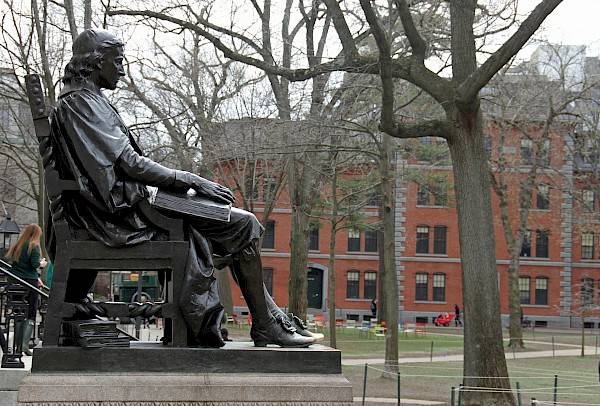Episode transcript The transcript is generated automatically by Podscribe, Sonix, Otter and other electronic transcription services.
Hello everybody. And welcome to the five Minutes PM podcast. I'm now talking Directly from Harvard law school in Cambridge, Massachusetts. I'm doing a course inside of the program of Negotiations at Harvard and that it looks very impressive. I spend a couple of hours walking through Harvard and I put these pictures into my flick album. And it's amazing to know that I'm having the opportunity to be in maybe the top University in the world.

